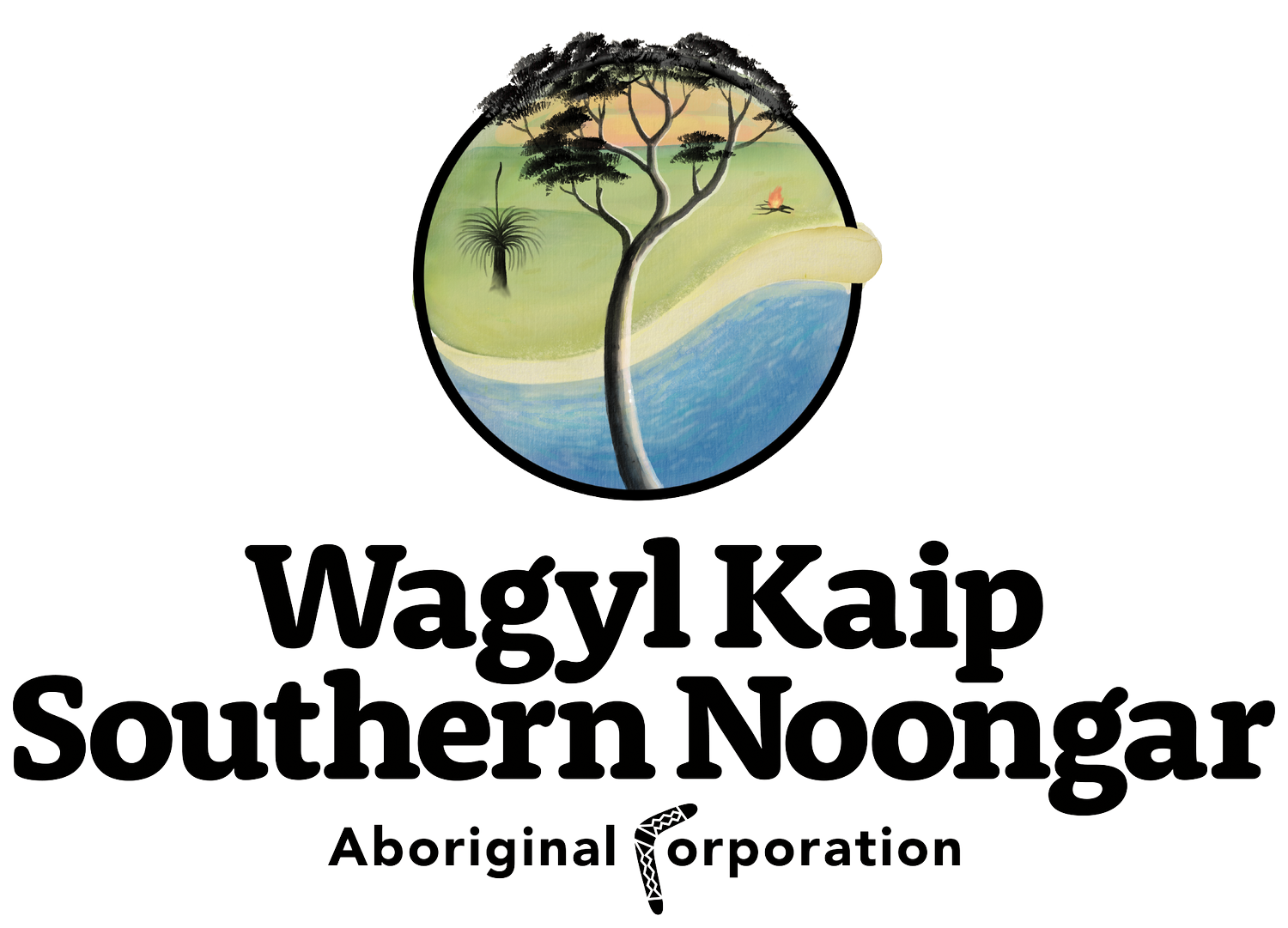Wagyl Kaip Southern Noongar disappointed but hopeful on cultural heritage protection
The 2021 Aboriginal Cultural Heritage Bill was rushed through parliament despite objections from most land councils and Traditional Owners across WA.
Now it’s been scrapped, what’s next?
The decision by the Cook Government to scrap the 2021 Aboriginal Cultural Heritage Act brings mixed feelings.
The bill was rushed through parliament in late 2021 against the wishes of a large majority of land councils and PBCs, including on Noongar boodja.
There was insufficient consultation with Traditional Owners across the state, who argued that the new legislation would not be effective enough to protect cultural heritage.
Despite these objections, land councils have worked hard over this last year to prepare for its implementation, with huge effort put towards becoming a LACHS.
At a time when public support to preserve it was at an all-time high following the State-sanctioned destruction of Juukan Gorge, this wasted effort has distracted from genuine progress on protecting Aboriginal cultural heritage.
“It’s frustrating that so few cared when it was just Aboriginal people who opposed the bill, only to see the entire process scrapped two years later.
“The result is hours and years wasted because government didn’t listen and work with us to co-design effective legislation with broad public support.
“We hope the state government learns that using its huge majority to rush their bills through without genuine listening and engagement helps no one,” our Chairperson Jeanice Krakouer said.
Despite our frustration, we’re cautiously optimistic about the future of Aboriginal cultural heritage protection in WA. While supporting the proposed amendments to the 1972 Act, it wants to see greater protections.
In the short term, the changes to section 18 are welcomed, but must go further, given that it was this section that allowed Juukan Gorge’s destruction to happen legally.
Section 18 is weighted heavily against Traditional Owners. Between 2017 and 2020, the minister denied just one the 143 section 18 appeals raised by proponents, and in the year following the destruction of Juukan Gorge, 22 out of 23 consents were granted.
Giving Traditional Owners equal rights of appeal is a welcome first step, as is the ban on gag clauses and requiring proponents to report new discoveries to the minister, but without further protections they won’t prevent a future minister from allowing further destruction.
In the longer term, WKSN welcomes the government’s commitment to mapping cultural sites – particularly in the Great Southern and Wheatbelt.
“The Wagyl Kaip and Southern Noongar region was the first to be settled by Europeans in Western Australia and there are large numbers of heritage sites across our boodja (land). Mapping in this area should be a priority.
“We take great heart from the premier’s commitment to lead a government that listens, and look forward to an environment where all voices are heard, and all perspectives are considered,” Jeanice said.
As the voice for WKSN people in our region, we wrote to Premier Cook to request an urgent dialogue with all land councils and Traditional Owner groups. We also outlined WKSN’s priorities for land and heritage protection, including:
Employment opportunities for land and sea management, and sufficient operating expenses
Identifying key heritage sites for priority cultural mapping, truth telling and community education
Identifying and supporting opportunities for dual/original naming of key places
New training and cultural heritage education opportunities in the above areas, especially for our young people
